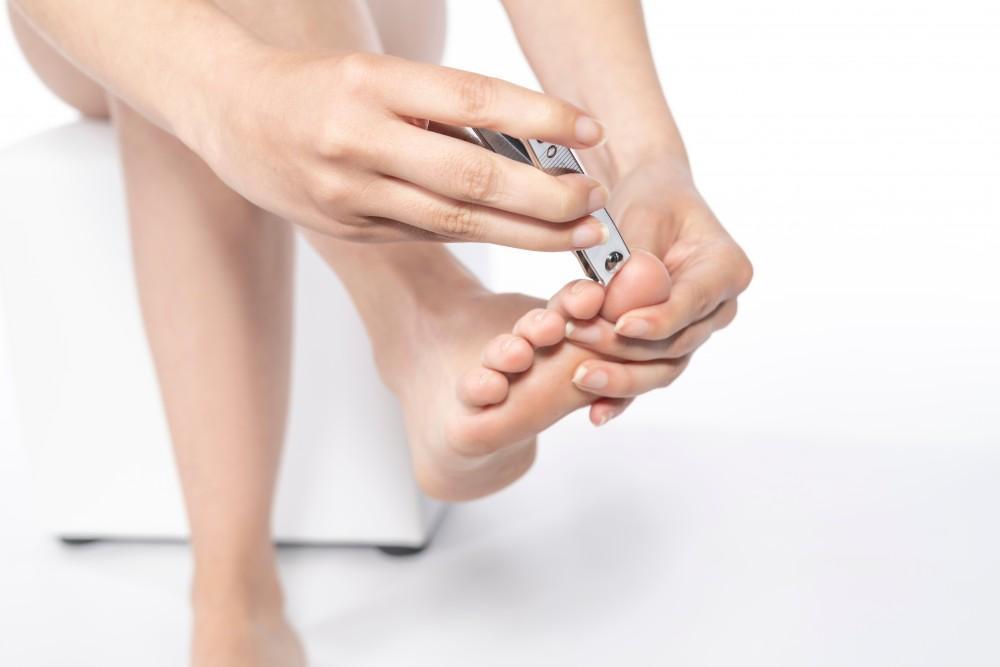
When to See a Specialist About Your Foot Warts

Foot warts — also known as plantar warts — are caused by a highly contagious virus. Unfortunately, these warts can resist at-home treatments and become painful. In some cases, professional podiatric care is needed to relieve symptoms and get rid of the warts.
At Family Foot and Ankle Center of South Jersey in Cherry Hill, New Jersey, our providers are experts in treating warts. In this blog, they explain what plantar warts are, when you should seek care, and what the treatment options are.
Facts about foot warts
Plantar warts are caused by the human papillomavirus (HPV). The virus typically enters the body through small cracks or cuts in the skin. Because warts are viral, they can be difficult to eradicate and can come back after at-home treatments.
Plantar warts on the feet can show up anywhere on the skin, but they’re most common in load-bearing areas of your feet, such as the undersides of your heels or big toes. If you have a plantar wart, you may see a single small growth or a cluster of small growths close together, known as a mosaic wart.
Warts can also have a small black dot in the middle of the growth.
When to get warts treated
Warts usually aren’t a cause for concern, but there are cases when you should seek treatment. For example, if you have a chronic condition, such as diabetes or a weakened immune system, you might need to get your HPV infection treated.
You should also get examined if you’re not completely sure that a growth is actually a wart, because growths can be early symptoms of many medical conditions. You should especially watch out for unexpected changes in a wart’s appearance.
You may also need treatment if the wart becomes painful, starts bleeding, or interferes with your ability to live a full and active life. Furthermore, if your warts are persistent, or if at-home treatments fail to help, or if you’re embarrassed by your warts, we can provide effective solutions.
Treatment options for foot warts
First, we’ll examine your condition and review your symptoms and medical history. If we suspect it’s something other than a wart, we’ll take a tissue sample and have it tested.
If you do have plantar warts, we’ll recommend the best treatment for your case. For example, we may recommend any of the following:
- Prescription medications
- Freezing therapy (cryotherapy)
- Laser treatment
If you think you have plantar warts and want treatment, we can help. We’ll give you a thorough evaluation and discuss your next steps. To learn more, call 856-381-0310 to book an appointment with Family Foot and Ankle Center of South Jersey today.
You Might Also Enjoy...


5 Ways to Keep Your Bunion Pain to a Minimum

Gout: What Is It and How Can I Get Rid of It?

Complications of an Untreated Ankle Sprain

Suspect You’ve Broken Toe? How To Tell and What to Do


